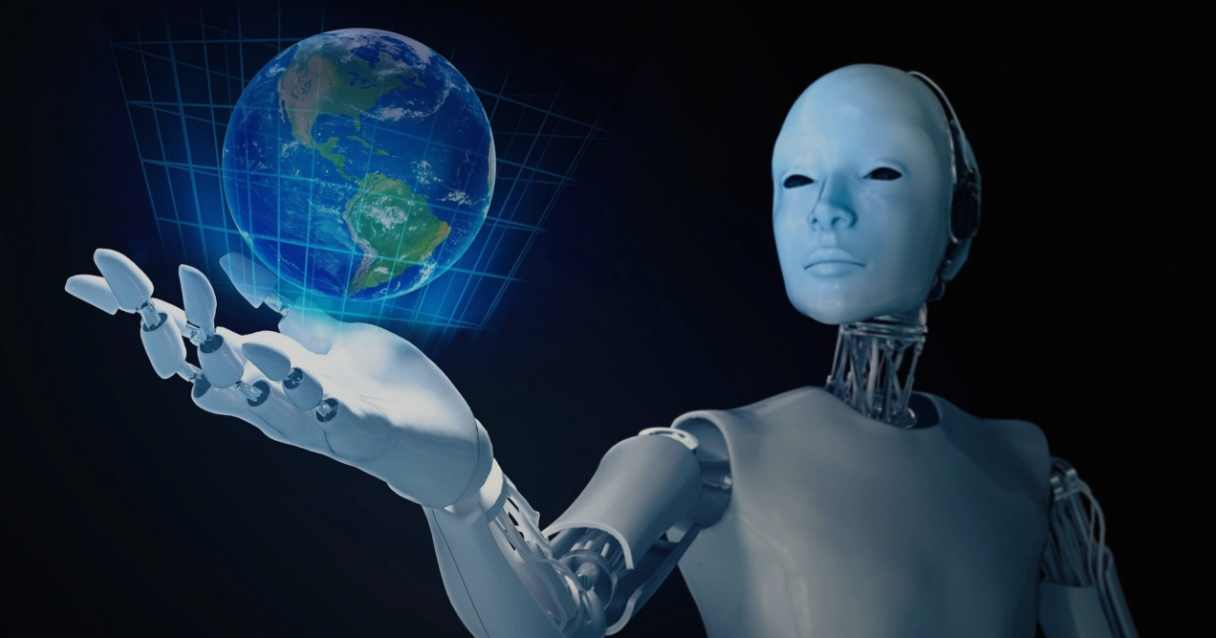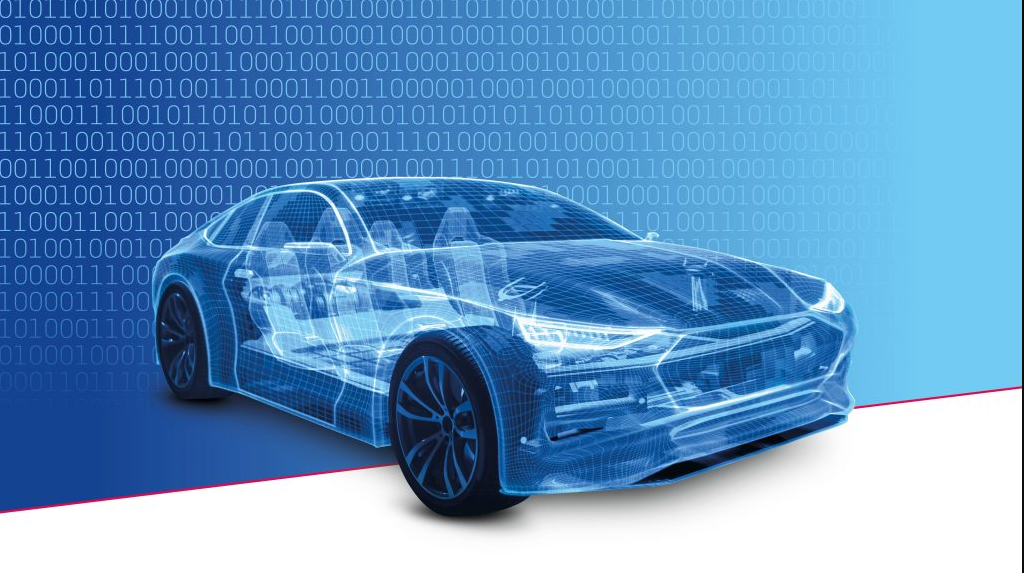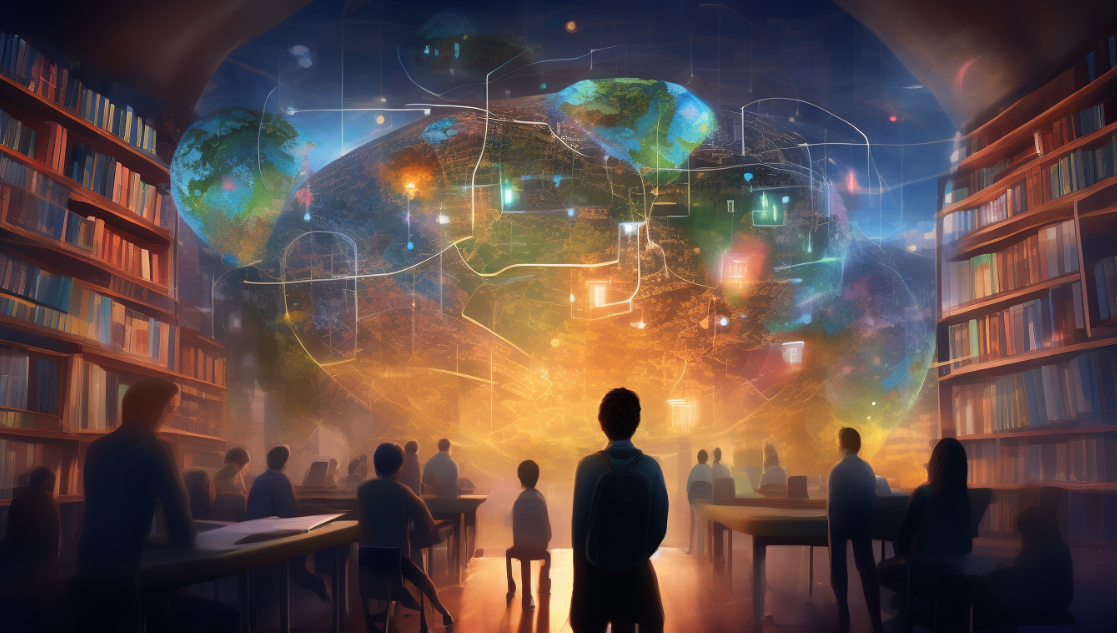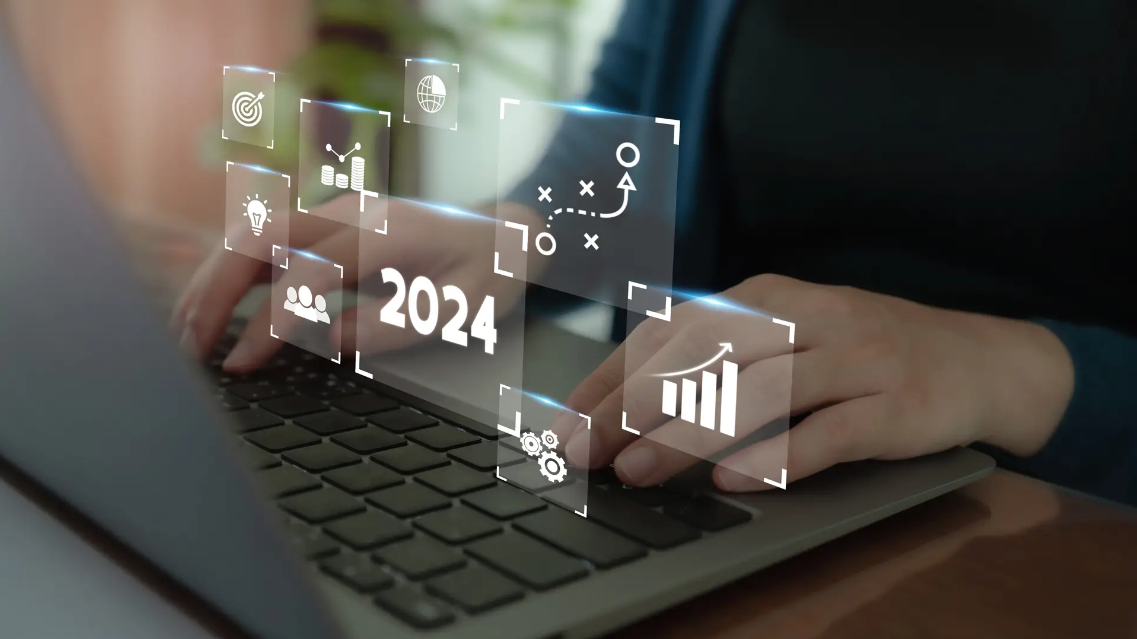The Future of AI: How Artificial Intelligence is Shaping Tomorrow ‘s World (Op-ed)
AI is not some white paper concept, cowen: it is remaking industries across the world, society and our day-to-day lives. From driverless cars or intelligent home assistants that control your household devices through gesturing to dialogue input, AI is coming into nearly every aspect of our life. It is expected to completely change the way you live, work and relate to the external environment. But what new futures will there be for AI, in tomorrows world it shapes?
AI in Healthcare: Revolutionising Life and Death
One of the biggest impacts AI will have in the future is on healthcare. AI systems are already supporting accurate diagnosis of diseases with remarkable precision, surpassing human performance in many cases. For example, AI algorithms can analyze medical images (such as X-rays or MRIs) to detect conditions like cancer at an early stage more effectively than conventional methods. Furthermore, because AI is capable of sifting through mountains of data, it now makes possible tailor-made treatment plans where the most effective therapies for each patient are recommended by algorithms learned from experience.
We may have robot surgeons conducting operations with an accuracy beyond human hands in the future. This will mean shortened recovery periods and better results. And AI will also be involved in drug development: for diseases that currently take many years or even decades to fix, its ability to rapidly find cures is critical.
AI and the Workplace: The Revolution of Automation At Work
A second aspect to the revolution of automation at work is this: proficiently handling routine tasks, it leaves human beings free for complex creative or strategic activities. Numerous industries now employ AI-driven automatic systems to streamline processes and reduce costs–from manufacturing to finance. For example, AI-based chatbots and virtual assistants respond to customer service inquiries; while learning algorithms help businesses forecast market trends and optimize their supply chains.
Though AI-induced job displacement is a source of concern, many experts think AI, rather than wiping away jobs, will indeed produce new opportunities. AI is likely to give birth to new roles that center on supervising AI systems and working with algorithms. Another whole range of opportunities will be open to those who can guarantee that AI is being used ethically. Furthermore, AI will free up employees to concentrate on innovation and strategy by automating repetitive tasks. And this is apt to produce breakthroughs across all kinds of silent industries.
AI on the Road: The Way to Automation
Driverless cars are one of the great AI achievements of recent years, and they constitute a revolutionary new direction for traffic in the future. Companies like Tesla, Waymo, and Uber are at the leading edge of developing self-driving vehicles that could transform how people get around. With AI systems that can respond to real-time data fed in from cameras, sensors, and maps, these cars are capable of making instantaneous decisions: it lowers the risk accidents caused by people being stupid.
The use of AI in transportation isn’t limited to cars. AI can increase the efficiency of air traffic controlling, apply autonomous drones for delivery businesses, and even change public transportation systems altogether with driverless busses and trains. This AI- based future promises a safer means of getting around, less congested traffic, and an altogether more sustainable lifestyle.
The Ethical And Social Challenges Of AI
So while AI has tremendous potential, it also presents ethical and social dilemmas which must be resolved before it gets out of hand. Issues like data protection, algorithmic discrimination and the use of AI in surveillance or warfare, are major concerns. Government and industry around the world are just beginning to lay down guidelines for AI development and use, as well as draft legislation to make sure that it is done in an ethical way.
Besides, with the integration of AI in our lives, it will naturally demand more clarity and openness about control of AIs. It will become essential to make sure the public can trust AI algorithms are interpretable and explainable Otherwise there may be unexpected outcomes that would undermine confidence in AI.
Conclusion: The Era of AI
The future is bright for AI and robots. From bio medical care to transportation, AI will begin to rejuvenate and innovate practically every aspect of our lives. AI can benefit humanity so long as we tackle thorny problems such as reponsible AI development. The benefits are clear: As AI continues to develop and evolve, some of the planet’s worst problems will be solvable and fresh opportunities open up. It will be up to us to balance risks against rewards in this AI-powered future.









